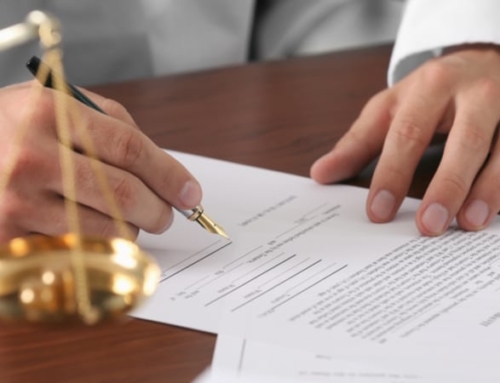Q: If someone does a quit claim, how long does it take for you to completely be on the loan and the other party is off the loan?
A: I think you may be a little confused about what a quitclaim deed is and what it does with regard to the mortgage.
A quitclaim deed transfers any interest a person has in a piece of real estate to another person. I could give you a quitclaim deed to the Brooklyn Bridge, for example. Would you own it? No, because I don’t have any ownership interest in that piece of real estate.
But a quitclaim deed doesn’t have anything to do with the financing of a piece of property. So, let’s say I actually own a lovely house at 123 Bank Avenue, Anywhere, U.S. And, let’s say that I have a mortgage for $100,000 on the property.
If I execute a quitclaim deed granting you any interest I own in 123 Bank Avenue, you would then own the property. But what happens to the mortgage? It’s still there, and my name is on it. In fact, I’ve probably violated the terms of my mortgage, which require me to own 123 Bank Avenue as long as I still have a mortgage, since the property is the collateral for the loan.
You could try to refinance 123 Bank Avenue, and you might get away with it – in the short run. But a simple title search would turn up the existing mortgage lien to the property to my lender.
Meanwhile, my lender could call the loan and force me to repay the lender the amount owing on the loan.
If you obtain title to the property by quitclaim deed or by any other deed, your name will never be “on” the loan unless you take out a new loan in your name. Unless the person that took out the loan in his or her name pays off the loan, that person’s name will remain "on" the loan until the loan is paid off in full.
For more details, please talk to a real estate attorney.






Leave A Comment